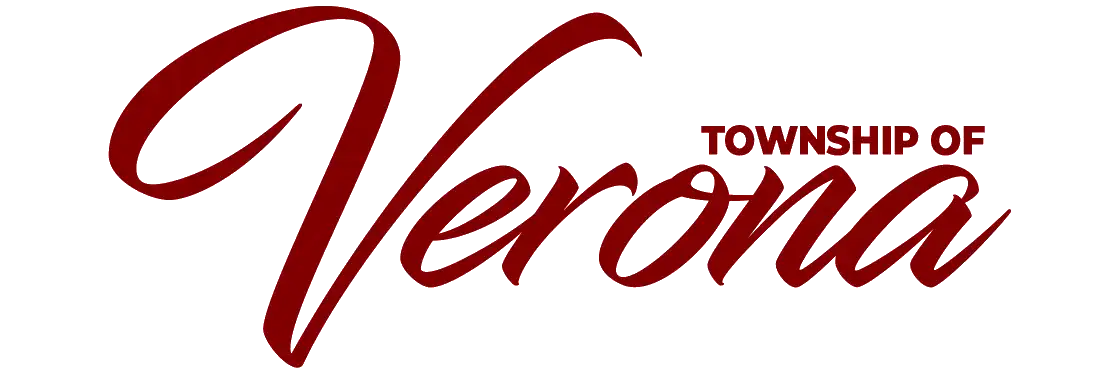Shade Tree Commission
The Verona Shade Tree Commission is responsible for the care of our public trees, shrubs, and landscapes. The commission is comprised of volunteers who are residents designated by the Township Manager.
Contact Shade Tree Commission
»» Join The Shade Tree Commission ««
Public Shade Tree Commission meetings are held the 2nd Monday of each month at 5:00 pm; Verona Community Center Conference Room, 880 Bloomfield Avenue, Verona, New Jersey or via Zoom; link provided on meeting agenda.
2026 Meeting Dates:
- January 12, 2026
- February 9, 2026
- March 9, 2026
- April 13, 2026
- May 11, 2026
- June 8, 2026
- July 13, 2026
- September 14, 2026
- October 13, 2026
- November 19, 2026
- December 14, 2026
Members:
- Carol Thomas - Co-Chair - Term Ends 12/31/2026
- Bob Prout, Co-Chair - Term Ends 12/31/2027
- Diane Conboy, Secretary - Term Ends 12/31/2028
- Ira Jacobs - Term Ends 12/31/2024
- Val Ryan - Term Ends 12/31/2027
- Alternate #1 - OPEN - Term Ends 12/31/2027
- Alternate #2 - OPEN - Term Ends 12/31/2025
- Christine McGrath - Council Representative - Term Ends 06/30/2024
Community Forestry Plans:
Residents are encouraged participate in our community by volunteering for various boards, committees and commissions. If you are interested in knowing more about how you can serve Verona or would like to submit a letter of intent and resume for consideration by the Town Council for any of the boards, committees and commissions listed on the website, please call (973) 857-4770 or apply online.

.png?width=768)